Exploring Level B1 in Language Learning: Self-Study and Benefits of the Course – English Intermediate

Many of us dream of mastering a new language, not only as a means of communication but also as a window to the fascinating world of other cultures. The B1 language level is a crucial stage in this journey. In today’s article, we will examine what exactly the B1 level is, how you can self-study at this stage, and why it’s worth investing in a language course at this level.
Understanding the B1 language level
Language levels, such as B1, describe the language skills possessed by learners in terms of understanding spoken and written language, as well as communication abilities. At the B1 level, students can understand basic utterances on everyday topics, read simple texts mostly comprehensible, and produce coherent statements on familiar and personal topics.
Self-Study at B1 Level: Diverse Methods
- Learning at the B1 level can be challenging, but there are many effective methods that will help you succeed:
- Daily Language Exposure: It’s worth surrounding yourself with the target language every day. Listen to podcasts, watch movies, and read articles in the language to familiarize yourself with its sounds and structures.
- Books and Materials for B1 Learners: Choose textbooks and materials designed for the B1 level. They will provide tailored language challenges, as well as sentence structures and vocabulary suitable for your level.
- Conversations and Language Partners: Find a language conversation partner. It can be friends learning the same language or people who use it daily. Regular conversations will help in practical language use.
- Notes and Review: Take notes on new vocabulary and important grammatical structures. Review them regularly to reinforce your memory.
- Apps and E-Learning Platforms: There are many apps and e-learning platforms that offer interactive exercises, quizzes, and lessons tailored to the B1 level.
Benefits of the B1 Level Language Course Online at the Cambridge School of English Although self-study has many benefits, B1 level language courses at the Cambridge School of English offer even more!
- Structure and Systematic Approach: Courses usually offer a structured learning plan that helps understand and master successive aspects of the language step by step.
- Edutainment Principle: Language learning in our classes is effective, engaging, and interesting, combining education with entertainment.
- Support from Experienced Teachers: Teachers can adjust materials and exercises to your individual needs and provide immediate feedback.
- Motivation and Discipline: Presence in a course group can stimulate motivation and responsibility in learning.
- Practical Exercises: Courses often offer practical exercises simulating real communication situations, preparing for the real use of the language.
Mastering the B1 level is a step towards fluent communication in a foreign language. Self-study through daily language contact and diverse methods is possible, but it’s also worth considering language courses that offer structure, support, and practical experience. Regardless of the choice, the B1 level opens doors to new cultural horizons and personal development. Not sure where to start?




